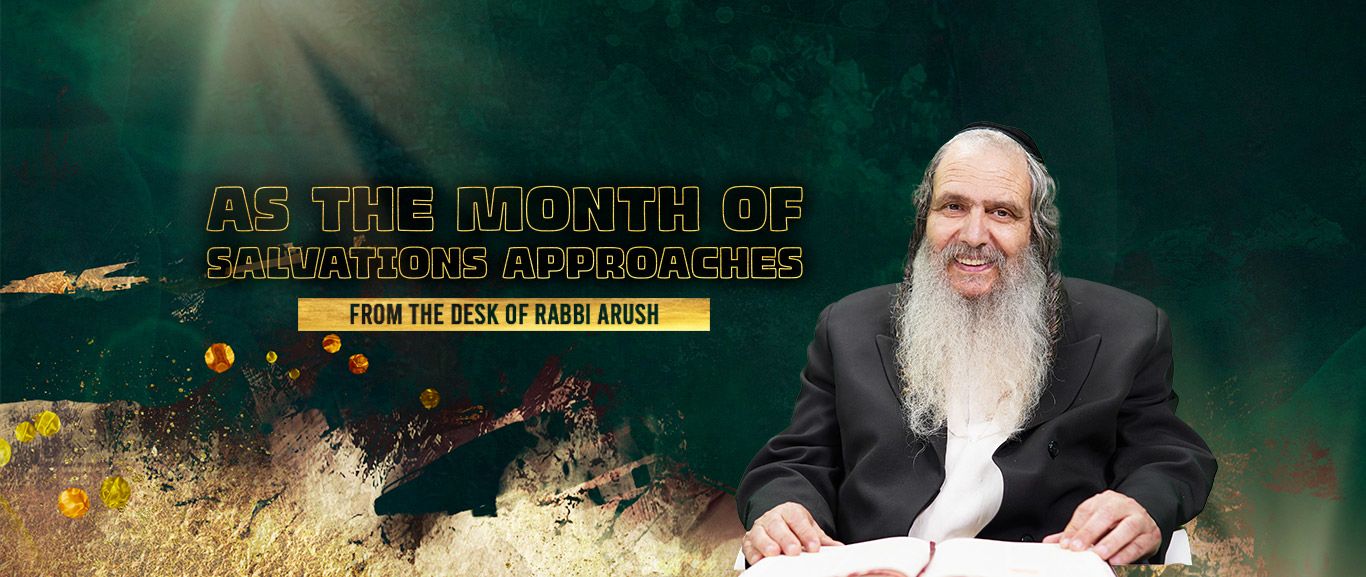
As the Month of Salvations Approaches
The main thing in the Mishkan was that the Jewish people felt they were all partners in this endeavor. Everyone contributed and engaged in the work according to his or her skills and abilities. How can we return to that level of unity today?

Heartwarming
The phone calls we receive as Purim approaches, as well as (and even more so) towards the end of the year, do not surprise us parents: money is being collected for a gift for the teacher; for a mishloach manot for the Rebbe in the Talmud Torah; for the kindergarten teacher or for the principals. It is also a good and often-done thing for the older children to get together and buy a gift for their parents for their anniversary or in honor of a birthday. These are things that warm the hearts of teachers and parents.
Usually, neither the teachers nor the parents need the monetary value of the gift; its real value is the emotional one: the regard and gratitude that it expresses. That is what really makes the receivers happy.
But there is something more here: the unity and togetherness around the goal. It is so nice that all the parents get together and coordinate and take the trouble to make phone calls and collect the money. And it is true that each and every one gives only a few shekels, but the main thing is really the joining together for the goal.
This is even more true regarding parents who receive a gift from their children – it is so moving for them that all the children got together and thought up the idea, with each and every one giving his contribution in a spirit of unity and cooperation. The cooperation in the gift is no less amazing than the initial goodwill.
Unusual Expression
We have already written in previous articles about the Mishkan, that the main thing in the Mishkan was the very fact that the Jewish people felt they were all partners in this endeavor, with everyone contributing and engaging in the work according to his or her skills and abilities. The very unity around service of Hashem, and the understanding that we are all part of one big thing – that all of us together as a nation, the big and the small, the righteous and the less righteous take part in bringing down the Shechina together – that is what brings down the Shechina!
We have already mentioned that this idea expresses itself nationally and individually, and it is demonstrated several times on Shabbat. In the weekly parasha, Moshe Rabbeinu commands the Jews regarding the practical work on the Mishkan and contributing to it. The parasha opens with a unique phrase: “Vayakhel Moshe – And Moshe assembled the entire assembly of the Children of Israel.”
There were other sections in the Torah said in the presence of the entire nation, but the word Vayakhel wasn’t used on those occasions. But, according to our approach, it is understandable why this word is used particularly in the building of the Mishkan: Because the entire goal of the Mishkan was to bring together and connect all the Jewish people, and that is what brings down the Shechina.
But this Shabbat we read another section as well: Parashat Shekalim, which is the beginning of the previous parasha, parashat Ki Tisa. In this other parasha, the Torah tells us something new: that the unity is not only around the setting up of the Mishkan, but also regarding its daily routine. Moreover, the sacrifices are not only the service of individuals, but rather of all Jews, with no exceptions.
In Parashat Shekalim we are commanded to give the shekalim to cover the cost of the national sacrifices, in particular the korban hatamid – the daily offering – with which the daily routine in the Mishkan commences and concludes. This sacrifice is not brought by individuals, but rather by the entire nation, equally. Every person has an equal part in it: ‘The rich will not give more, and the poor will not give less”. And here, too, we see our power as a nation. What Hashem really wants is not the gold and silver (because everything is really His), but rather our unity and mutual association around the building of the Mishkan and the services in it.
The pleasure of Hashem from the sacrifice is not from the value of the little sheep, which at that time cost a pittance, but from the fact that this sacrifice is coming from the union of all Jews.
The Secret of Annulling Bad Decrees
That is our preparation for the holy days of Purim, which have such potential. Because the main accusation of Haman was that “There is one nation scattered and dispersed”, for we were divided and deeply involved in internal conflicts; we were not united. And therefore, the main task of the righteous of that generation was to unite all the Jews, as Queen Esther said to Mordechai Hayehudi: “Go gather all the Jews.” We have to unite.
And really, what decided the issue for the good was the essential unity of the Jewish People that was revealed in the shekalim, as Chazal say about the ten thousand talents (kikar) of silver that Haman Harasha wanted to pay for the right over the lives of the Jews: “It was revealed and known before the Creator that Haman will give shekalim for Yisrael, and therefore (He) preempted him with their shekalim.” In other words, the Jews’ shekalim, which expressed unity – are what protected them from Haman’s decree.
And, according to our approach, we will explain that this was not regular tzedakah. Jews give much charity in the form of donations. Tzedakah is a very great thing. But Chazal mentions the shekalim in particular. Because what protects the Jewish People as a nation is not only the tzedakah, but the unity: the donation that each and every person gives, as part of the community, towards the sacrifices.
That is why sages have explained why it was necessary to give half a shekel and not a full shekel: to show that each one of us in himself is not whole, and only counting oneself among the Jewish people makes a person whole.
That is what annulled Haman’s decrees in that generation, and that is what protects us in all generations, as the Torah says about the Shekalim: “so that there will not be a plague among them.”
A Show of Love
In the mitzvah of Shekalim, the great love of Hashem of every Jew, indiscriminately, is expressed. There are no conditions for this love, and there are no different levels in it; everyone is loved by Hashem. How so?
Because the Jews are counted only by way of shekalim, and the counting of Bnei Yisrael expresses Hashem’s love of us, as Rashi says: “Because of His love, He counts them all the time.”
We are all waiting and preparing ourselves for Purim. Very great things happen on Purim: the memory of Amalek is wiped out, and we achieve the purity of the Para Aduma – the Red Heifer. This is truly the light of the geulah, because the Mashiach will battle Amalek and wipe out his name, and build the Temple for us and purify us with the ashes of the Para Aduma, so that we will be able to enter it.
But all these great things have to begin somewhere. And the beginning of it all are the Shekalim, in other words, the unity of the Jewish People and their association with all other Jews. Therefore, Eliyahu Hanavi has to come before the Mashiach comes, because his role is to “settle all the disputes” and make peace among the Jews, as it says in the Mishna in Eduyot. Without that, the redemption cannot move forward.
We are really expecting great things and great salvations, individually and as a nation. We really want to instigate great things in Heaven during the coming days of Purim. And we really want to see great salvation for the entire Jewish People. Shabbat Shekalim reminds us and awakens us to knowing that the more connected we will be with each other, and the more we invest in praying for all Jews, so we will draw our personal salvations to ourselves and all the promises and fulfillment of all the prophecies and comforts with great mercy, soon in our days, Amen.





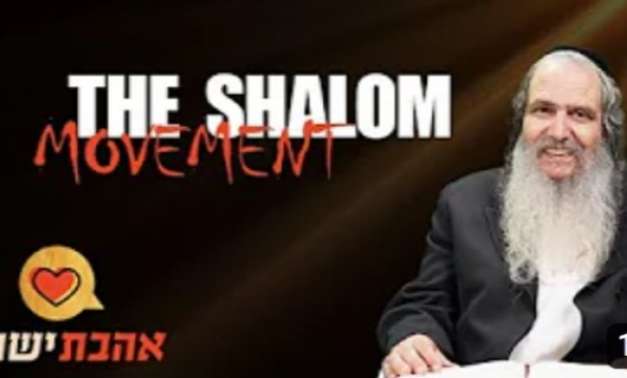
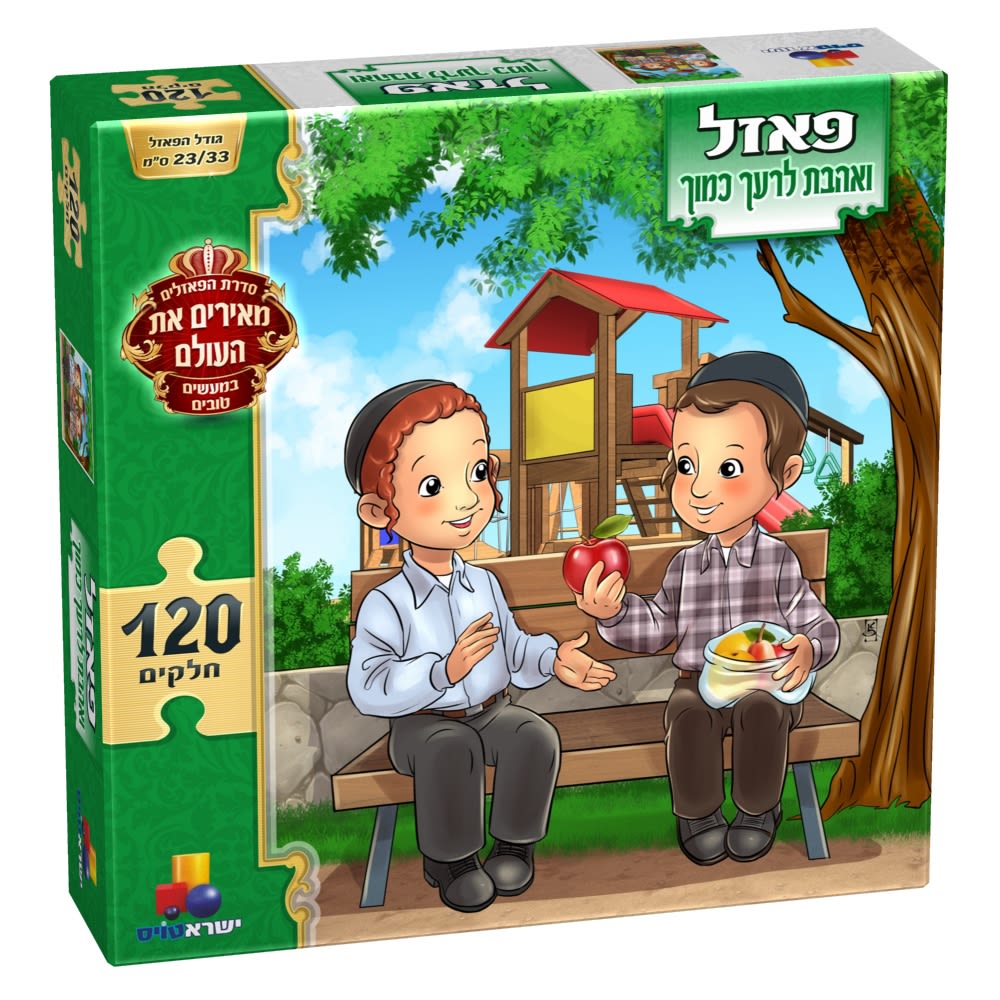
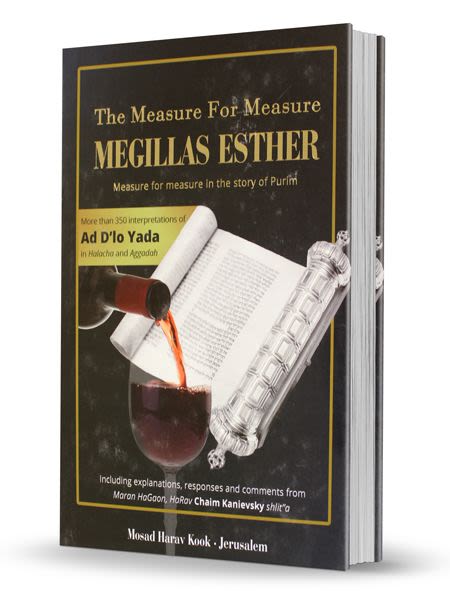
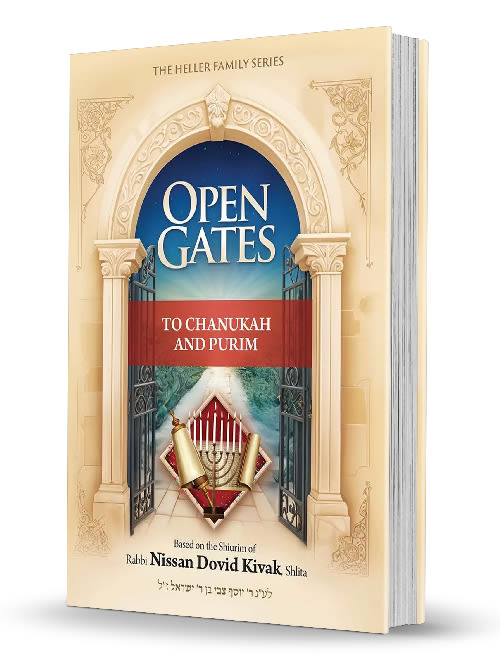
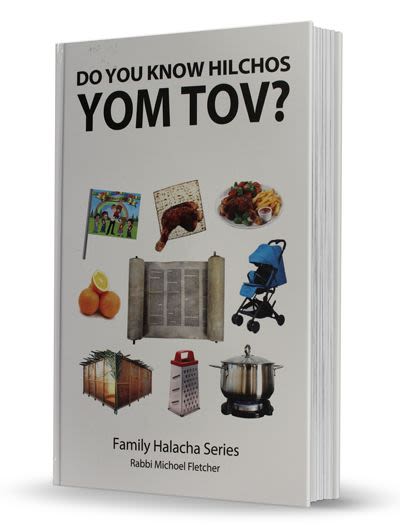
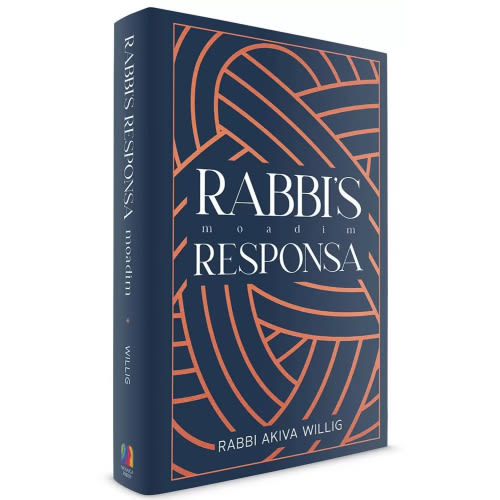
Tell us what you think!
Thank you for your comment!
It will be published after approval by the Editor.